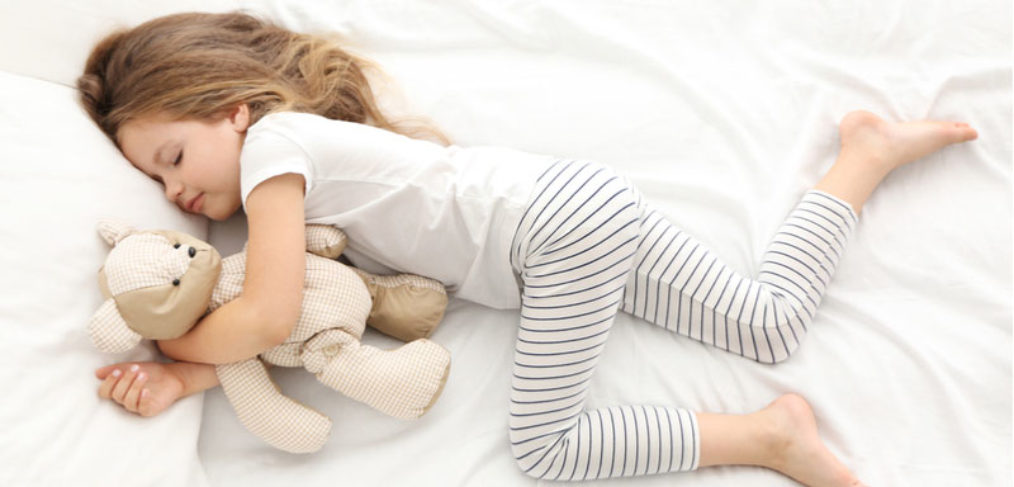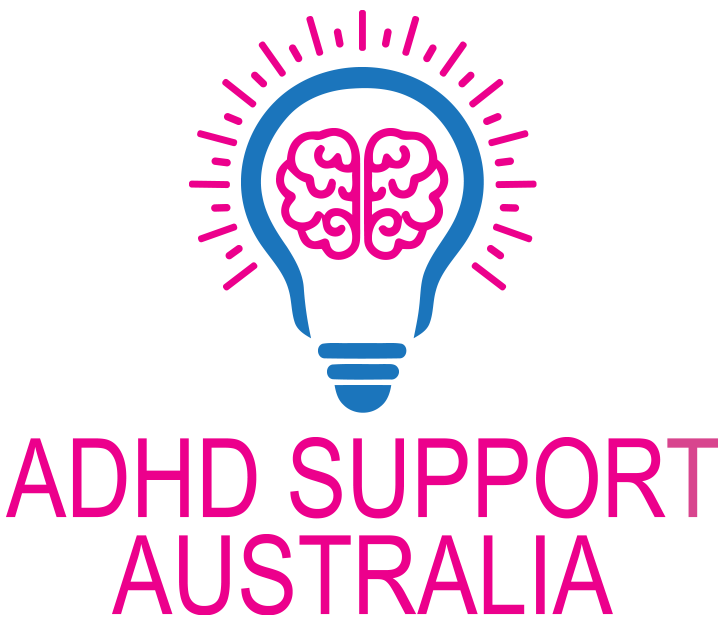
Why Can’t My Child with ADHD Sleep at Night?
WHY CAN’T MY CHILD WITH ADHD SLEEP AT NIGHT?
Does your child struggle to sleep each night? Do they pop in and out of bed multiple times for a drink of water, to ask yet another “burning” question that can’t wait until the morning, or want another goodnight hug? Do they wake often in the night and have trouble re-settling themselves? Are they difficult to wake in the morning? Certainly, for a significant number of the families I see, these are very common concerns, and ones that lead to substantial parental frustration.
Up to 70% of children with ADHD suffer from problems with their sleep.
Almost half the parents of children with the diagnosis say their child has moderate to serious sleep problems.
Specifically, prior to puberty, 10 to 15 percent of children with ADHD have trouble getting to sleep. This is twice the rate found in children and adolescents without the disorder. This difficulty increases with age, with 70 percent of adults with ADHD reporting that they spend more than one hour trying to fall asleep at night.
Sleep difficulties in children and adolescents with ADHD can be behaviourally-based and/or medically-based.
How much sleep do we need?
| Age | Hours of sleep needed (hours) |
| Newborns 0-3 months | 14-17 |
| Infants 4-11 months | 12-15 |
| Toddlers 1-2 years | 11-14 |
| Pre-schoolers 3-5 years | 10-13 |
| School age 6-13 years | 9-11 |
| Teenagers 14-17 year | 8-10 |
| Adults 18+ years | 7-9 |
The above sleep duration recommendations are based on a report of an expert panel convened by the US based National Sleep Foundation and published in 2015 in their journal Sleep Health. http://www.sleephealthfoundation.org.au
Behaviourally based sleep difficulties in ADHD
Behavioural sleep problems in children with ADHD are similar to children with sleep difficulties without ADHD but occur more commonly. Children with ADHD and/or Oppositional Defiant Disorder (ODD) may struggle more to settle and follow bedtime routines. You may observe:
- Refusal to go to bed
- Procrastination with bedtime
- Being restless in bed and unable to reduce their racing mind
- Coming in and out of bed with a variety of excuses
- Frequent waking throughout the night
- Restless sleeping and frequent nightmares
- Difficulties waking in the morning
- Anxiety around going to bed resulting in resistance
- Sleep association disorder where a child may need the presence of a parent patting them, a dummy, or a reliance on an object, like TV, to feel able to fall asleep or stay asleep overnight.
Medically based sleep difficulties in ADHD
Sleep Disordered Breathing describes conditions ranging from obstructive sleep apnoea (OSA) to primary snoring. This has been consistently associated with neurobehavioral, including inattentive or ADHD-like symptoms. Sleep Disordered breathing in children with ADHD is approximately 25–30 percent compared with 3 percent in the general population.
Circadian-rhythm sleep disorders can occur when the normal physical, mental and behavioural changes throughout a 24-hour cycle, responding to light and darkness throughout the day are disrupted. One of the most common problems in this category is a delayed sleep-phase disorder, where sleeping and waking occur later than normal. This disorder may show up as difficulty getting to sleep, staying up too late and difficulty waking.
Anxiety symptoms in a child impact sleep as they may be worrying about being alone in bed, scared of the dark or worrying about things that have happened or will happen at school.
Stimulant medication can result in exacerbating or creating sleep difficulties with many children reporting difficulties falling asleep. This tends to be more of a problem in children who already had sleep initiation difficulties. Sometimes reducing the dose or changing the timing of the dose can help.
Consequences of poor sleep routine
Serious sleep problems in children can be very disruptive for daytime function for the household. The symptoms of sleep deprivation that children experience are not dissimilar to what we, as adults, would experience after a late night, and even more noticeable with chronic sleep deprivation.
They may include:
- Tired and/or more irritable in the day
- Lethargic
- More prompting required for simple tasks
- Concentration and persistence with tasks is reduced
- Coordination can seem to be poorer
- More careless errors are made with everyday tasks and school work
- More emotionally reactive with crying or aggression with relatively smaller triggers
Poor sleep in children also has a significant negative impact on their parents, carers and siblings. Family members are likely to be sleep deprived themselves if kept up late or woken by their child during the night. They also bear the brunt of the child’s sleep deprived frustration. Poor sleep tends to result in more hectic mornings which can increase family conflict. Parents are also likely to have less quality evening time while being preoccupied with dealing with their child’s sleep routine, which can impact marital relationships, as well as create stress and mood concerns. Parents often report being late or even missing work.
Until we optimise a child’s sleep, treatment for ADHD and support for learning concerns are not going to be optimally effective.
How to improve sleep
Unfortunately, there is no easy solution and patience and persistence is required. Treatment of any underlying medical condition and referral to an ENT specialist or sleep physician is often required. This should be done first before any behavioural strategies are implemented to ensure the best chance of improvement.
Most children with sleep difficulties have sub-optimal sleep hygiene routines and dedicating a focus to improving this is important to improve sleep. Indeed, the biggest challenge for many of my patients is being able to put into place bedtime routines and to stick with the new routines and boundaries.
Some important bedtime tips include:
- Ensure any bedtime routine is calm and structured
- Start the bedtime routine 30 to 60 minutes before bed, and begin an association with key night time activities such as bath, reading, warm drink, and talk time
- Ensure your child has an uncluttered sleep environment that is free from distractions (e.g. no TV’s, iPad’s, games within vision)
- Help your child to avoid computers, mobile phones, console games, TV and other stimulating activities for 1-2 hours before bed. The aim is to help them to be relaxed for bed and these activities can hype them up
- Encourage your child to use audiobooks, mindfulness applications, soothing music and/or some deep, slow breathing in the lead up to bed as this can help relax and settle them at bedtime
- Try to keep a consistent bedtime every night every day of week (variation less than 30 min-1 hour)
- Try also to keep a consistent wake time with no more than 1-hour sleep ins on weekends for adolescents as this can interfere with their sleep-wake cycles
- Make sure your child is going to bed at the right time. Going to bed too early for their natural sleep time will make it hard for them to settle and they can become more restless and resist sleep. Going to bed too late can mean they miss the ideal sleep window and get a “second wind” which is harder to settle down from
- Try and “stick to your guns” and make clear rules around bedtime. Ensure you and your partner are on the same page and can agree, as this will help when trying to reinforce the rules that have been set
Medication options
Melatonin: This naturally occurring peptide is released by the brain in response to the sun and has some function in setting the body’s day/night cycle. It is available through your doctor. Melatonin may not be effective the first night, so several nights’ use may be necessary for effectiveness.
Clonidine: Some practitioners use small doses one hour before bedtime. As this medication is used for high blood pressure, and is used less often now in view of side effects. It exerts significant sedative effects for about four hours.
Sources:
http://www.sleephealthfoundation.org.au
https://chadd.org/about-adhd/adhd-sleep-and-sleep-disorders/
Owens, Judith A, M.D., M.P.H. The ADHD and Sleep Conundrum: A Review, Journal of Developmental & Behavioral Pediatrics: August 2005 – Volume 26 – Issue 4 – p 312-322
Spender, T Biederman, J Willens T. Attention-deficit/hyperactivity disorder and comorbidity. Pediatr Clin North Am. 1999; 46915- 927
Sung V, Hiscock H, Sciberras E, Efron D. Sleep Problems in Children with Attention-Deficit/Hyperactivity Disorder: Prevalence and the Effect on the Child and Family. Arch Pediatr Adolesc Med. 2008;162(4):336–342. doi:10.1001/archpedi.162.4.336
The author, Dr Berlinda Yeoh is a specialist developmental and behavioural paediatrician at The Child Development Clinic in Sydney, Australia.
Dr Yeoh has extensive experience and interest in managing ADHD, developmental, learning and mental health disorders in children and adolescents.
